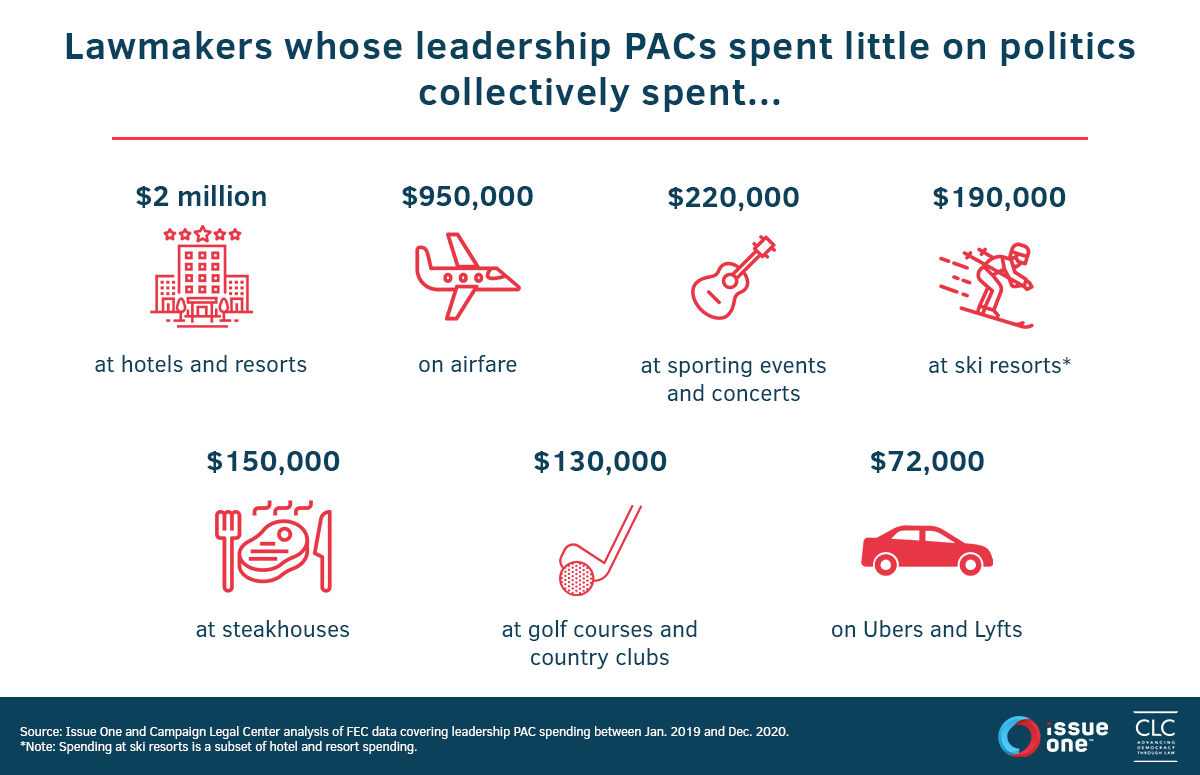This is part of a series examining ethics, transparency and campaign finance proposals in the states.
Next week, voters around the country will finally have a chance to vote for the next president and, in a handful of cases, the health of their local democracy. Here are the ballot initiatives in cities and states that try to directly address our broken campaign finance system.
Oregon
As we’ve reported before, Oregon is one of half-a-dozen states with no limits on campaign contributions. Ballot Measure OR 26-2814 would finally apply limits on contributions to candidates from individuals and PACs ($500 limit for both), as well as independent expenditures supporting or opposing candidates by individuals of PACs ($5,000 for individuals, $10,000 for PACs). The initiative also addresses transparency, requiring disclosure of the top five financial backers of each advertisement. Learn more about the initiative.
Berkeley, CA
The city’s Measure X1 would create a matching funds system. Candidates who can demonstrate significant support are entitled to a $6 match for every $1 raised. The catch: they can accept only donations under $50 and must not take contributions from special interest PACs. Find out more about this, and other Berkeley initiatives.
San Francisco, CA
Proposition T would bar lobbyists from making campaign donations and bundling, and a city official could not receive more than $25 in gifts. Lobbyists would also have to disclose which agency or official they’re working on.
South Dakota
Initiative Measure-22 strengthens contribution and disclosure requirements and creates an ethics commission to enforce existing laws. The same agency would be charged with facilitating a citizen-funded election program to provide registered voters with two $50 credits, which they can donate to participating candidates. The measure also lowers contribution limits for PACs and parties among others, and mandates a gap of two years before any state official can lobby the legislature. Follow supporters of the initiative on Twitter here.
Washington state
Washington Initiative 1464 strengthens transparency rules for donors who sponsor advertisements, as well as enforcement of existing campaign finance laws, like preventing coordination between candidates and super PACs. It restricts retiring elected officials from immediately becoming lobbyists, and prohibits lobbyists from making large contributions to candidates for state office. Follow their updates before voting next Tuesday.
Howard County, Maryland
With Question A, voters have the opportunity to establish a citizen election fund, a voluntary small-donor matching funds system. The voluntary system would boost small donations, but and restrict candidates to contributions under $150. Neighboring Montgomery County, already created a similar system. There’s more on their Facebook and Twitter accounts.
Missouri
In 2008, Missouri’s campaign contribution limits were repealed. In response, Constitutional Amendment 2 is on the ballot proposing caps to contributions to candidates ($2,600 per election) and political parties ($25,000).
We’ll be sure to update you after election day on how citizens around the country voted. Sign up for our newsletter to make sure you don’t miss an update.






